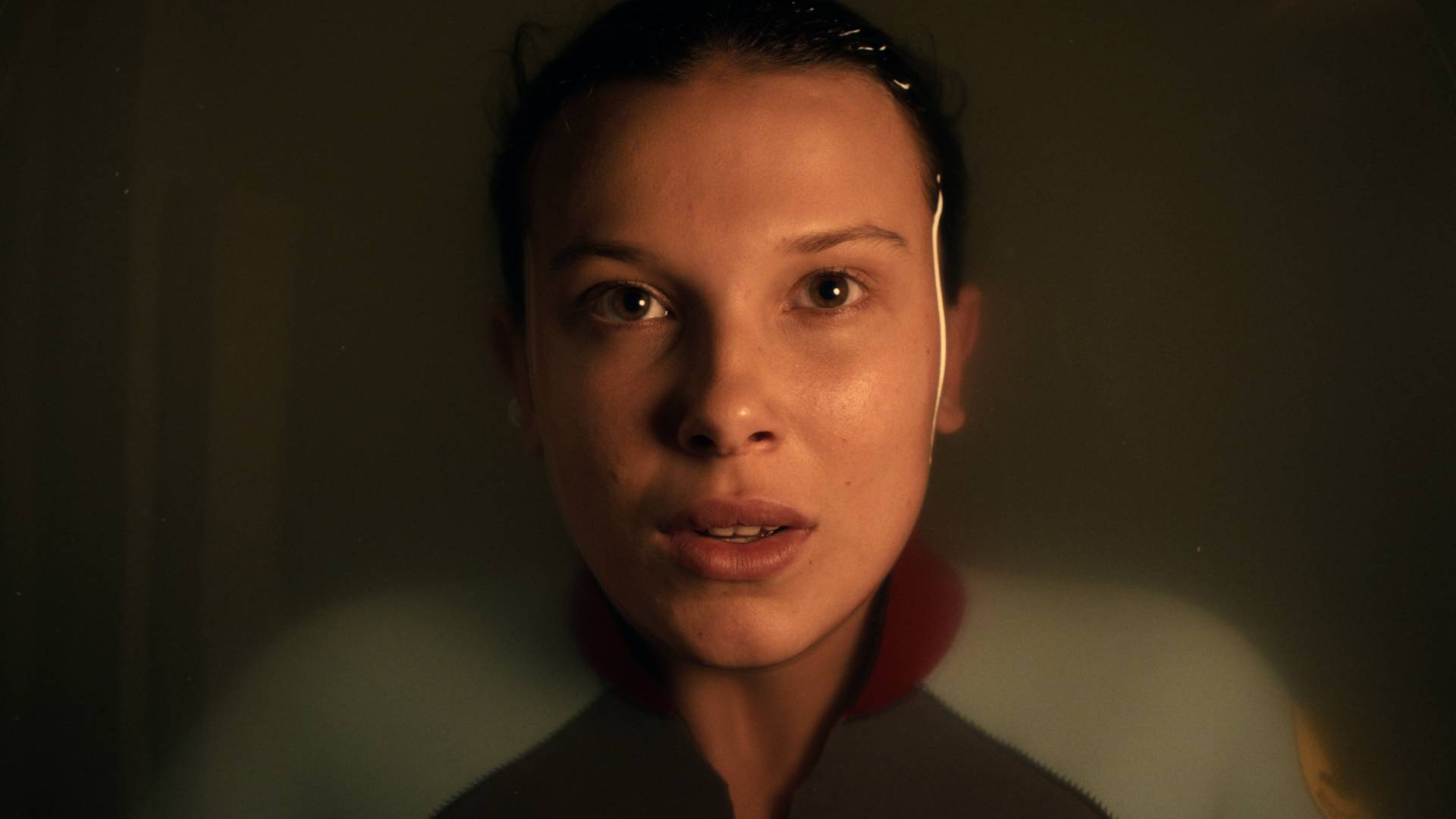The ups and downs in the history of Fable
Peter Molyneux gets nostalgic, introspective, and honest with himself
A whopping five hundred years after the first Fable, the age of heroes is a near-forgotten legend. We reach a time just one generation short of a genuine industrial revolution, where melee and magical combat has been joined by firearms, and where Lord Lucien is attempting to rebuild the Tattered Spire which is the key to all kinds of magical evil funny business.
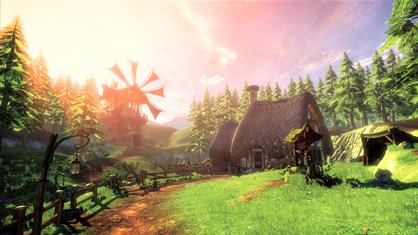
Against him rises a descendant of the original game’s hero who finally defeats Lucien and is granted one of three wishes – to resurrect the thousands who died building Lucien’s spire, to revive the hero’s friends and dog, or to receive a big pot of gold.
Fable II saw Fable’s promise of childbirth realised, added a new job system, and even let you buy every house in the world. Most importantly, Fable II gave you a dog as a permanent companion, [SPOILER] untilLucien kills him along with your family and the other heroes. It was less Peter Molyneux tugging at your heartstrings and more ol’ Pete ripping them out and playing bluegrass on them.
Does the shift in the experience system put the emphasis on emotion over action?
I definitely wouldn’t say one excludes the other. I think with Fable III, we’ve been thinking about the visceral action more than ever before and have tried to take down the barriers to that action. But if I can make you care about what’s happening in the story, then the whole experience gets better.
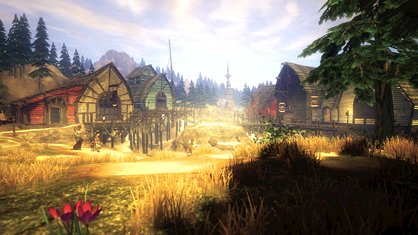
In today’s world, we sit in our seats and watch our television and – I don’t know about you – but many times I think “What am I doing? I don’t really care what’s going on here; I don’t really give a damn about these characters!” I don’t want to make a game like that. I don’t want to make a game which is just meaningless.
All I want is just one thing: I want five seconds of your mind as your head hits your pillow. I want you to think “I wonder if I’ve done the right thing.” That’s all I want. If I get that, then I’ve made a connection. You know, it means something to your life. In today’s world of ultimate, unbelievable, infinite choice, what that means to me is infinite blandness. And it is, it’s all just so bland. And I turn that television off and I think ‘what have I just done for the last three hours?” Gone into a coma. And what I’m trying to do is make a connection.
Weekly digests, tales from the communities you love, and more
You mentioned in January that you might be liable to piss a lot of gamers off with your announcements at Microsoft’s X10 event, but we have to say they all seem pretty reasonable to us…
I guess it must come across as a brilliant PR line: “Peter Molyneux says he’s going to piss everyone off then he comes to America and reveals all and doesn’t piss anyone off.” That was a conversation I had standing in the snow in Copenhagen, minus fifteen, waiting for a cab; we were talking about game design and Fable III and I said “you know what? I’m really worried; I’ve changed so much in Fable III I’m worried about pissing people off.”
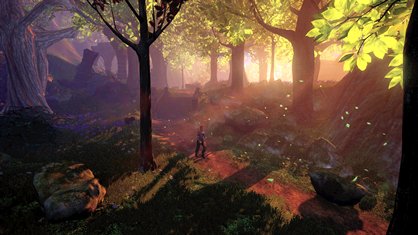
Suddenly, with the power of Twitter that became a PR line; it wasn’t that at all. I think what I was really getting at is just because you as a designer feel that “God, if I remove experience and health bars and put levelling up from a 2D interface to a 3D interface some people are gonna get really upset” that isn’t a reason not to do it. It’s actually a reason to do it. That’s what I was really talking about. I know some people are gonna miss health bars and gonna miss experience but that’s not a reason not to do it, especially when the total number of those people is getting smaller and smaller.
What inspired the idea to strip out some of the old systems and replace them with ‘Touch’?
Ever since I played Ico, it was lodged in my mind. It was such an important game for me; an emotional game. I think part of that was because I led her (Yorda) by the hand. I’ve always thought about that. And it was only when we began talking about Fable III, and how broken the expression system was in Fable II – after you used it three or four times you didn’t use it any more – Touch is a wonderful mechanic.
You’ve still got expressions on the D-pad. I’m guessing people won’t use that too often, but we left that in there for people who want to do the fart joke all the time, and why not?! But Touch is very, very context sensitive. It’s inspired by real life; if you meet someone for the first time you’re going to shake their hand – you’re not going to go for the full tongue kiss. If I do something nice, then that person might be attracted to me. The next few times I meet them that shake of the hand may turn into a hug. If it’s two male characters then it will be more of a manhug.
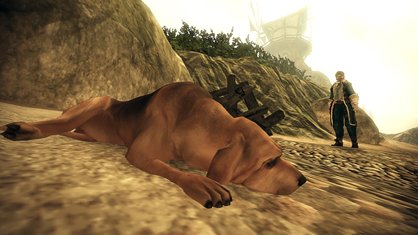
The Americans are very good at manhugging. There’s a whole sequence to manhugging, I don’t know if you’ve noticed. I’m employed by an American company now, so I have to do a lot of manhugging. I’m now at the stage of the manhug with the slap. That’s stage three of the levelling up of the manhug. Worryingly there seems to be a stage four but it seems to be something about groins coming closer together, which I want nothing to do with. But this is very much what happens in Fable. So you can do all that stuff and you formulate this relationship. If you keep on going with it then that can turn into a kiss, and that can turn into a snog which can turn into a date and that could turn, finally, into marriage.
How does phasing out Expressions in favour of Touch affect players’ connection to the game?
When you’re King and you don’t like someone, you can physically grab them by the scruff of the neck and throw them on the ground or into the dungeon and you can hear them squealing and screaming for mercy. When you’re dragging the beggar to sell him to the factory, as you drag him he starts to tell you what will happen to him if he gets sold. It will pull on your heart-strings. If that was an A/B choice outside the factory you would never get that opportunity.
If it was done as just a cutscene it would be meaningless. All of that is really big emotional stuff and it all comes from that emotional connection. I think it’s a combination of Ico and the dog in Fable II. For a lot of people the dog really worked. I think that the Touch system is a much bigger emotional engine than anything we’ve ever had in Fable before. It really does make you feel more powerful. You really feel like you’re punishing people or chastising people or kissing people.
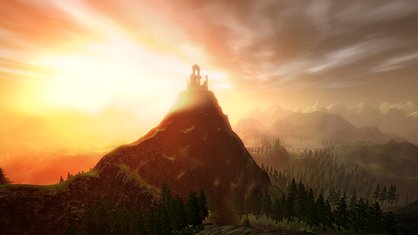
How tough has it been to code the Touch system?
I said “let’s do Touch,” and then I had an army of technical people giving me reasons why it would be incredibly difficult. There are huge problems with the intersection of hands and it’s especially hard if you want to touch something taller than you or shorter than you – and worse when you’re a morphing hero. There’s a million and one reasons not to do it. That just means you should do it in my book, because it’s unique. What is so important about Touch is that it’s weaved into the gameplay; you get something for it. It’s more than an emotional engine and it has to have real meaning of depth to it.


